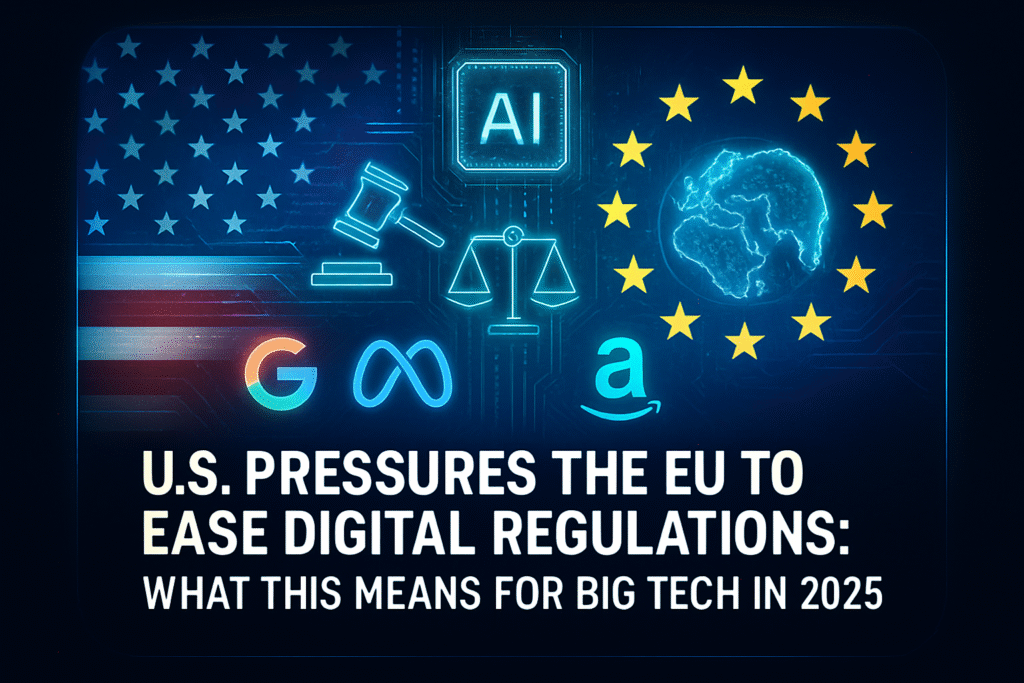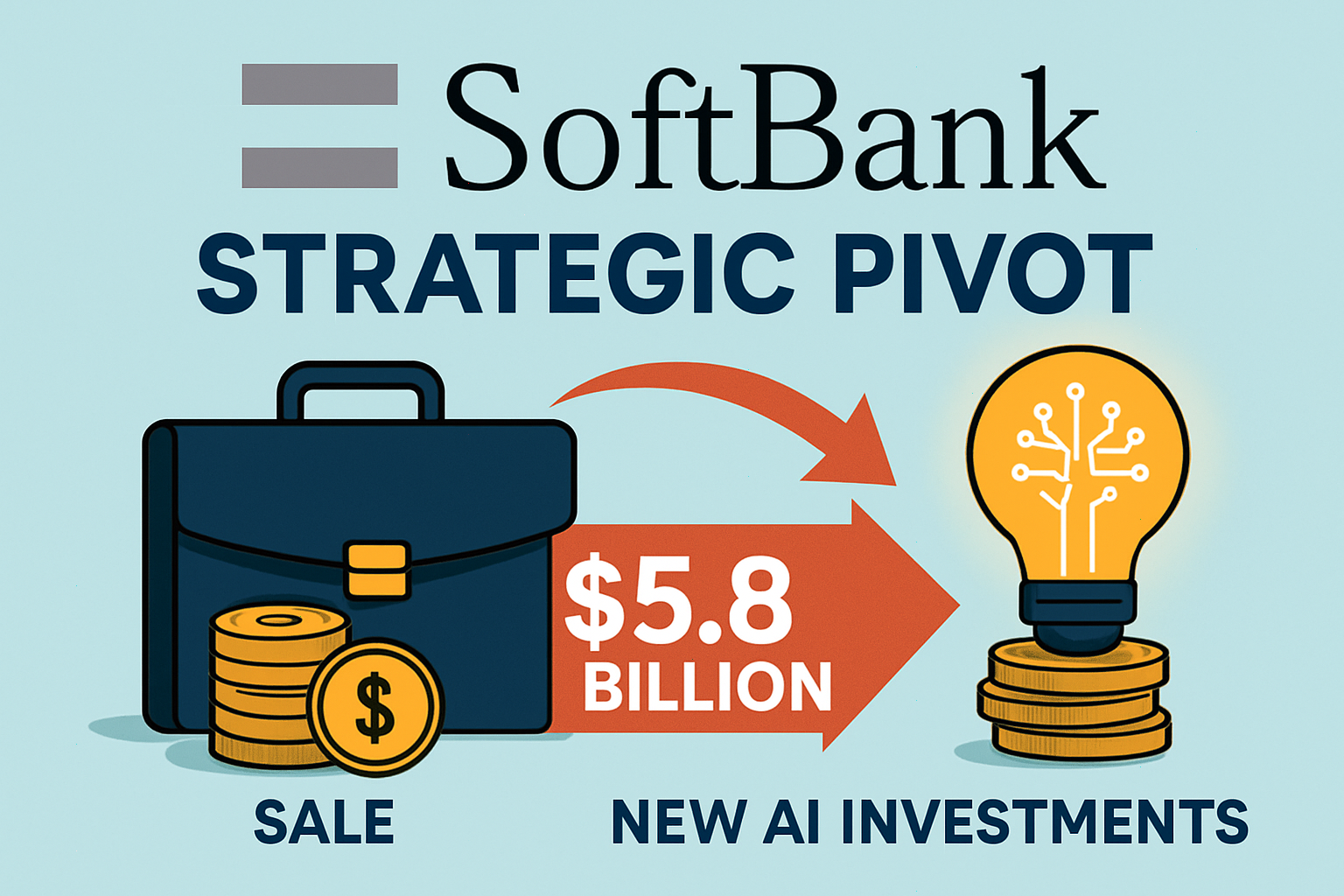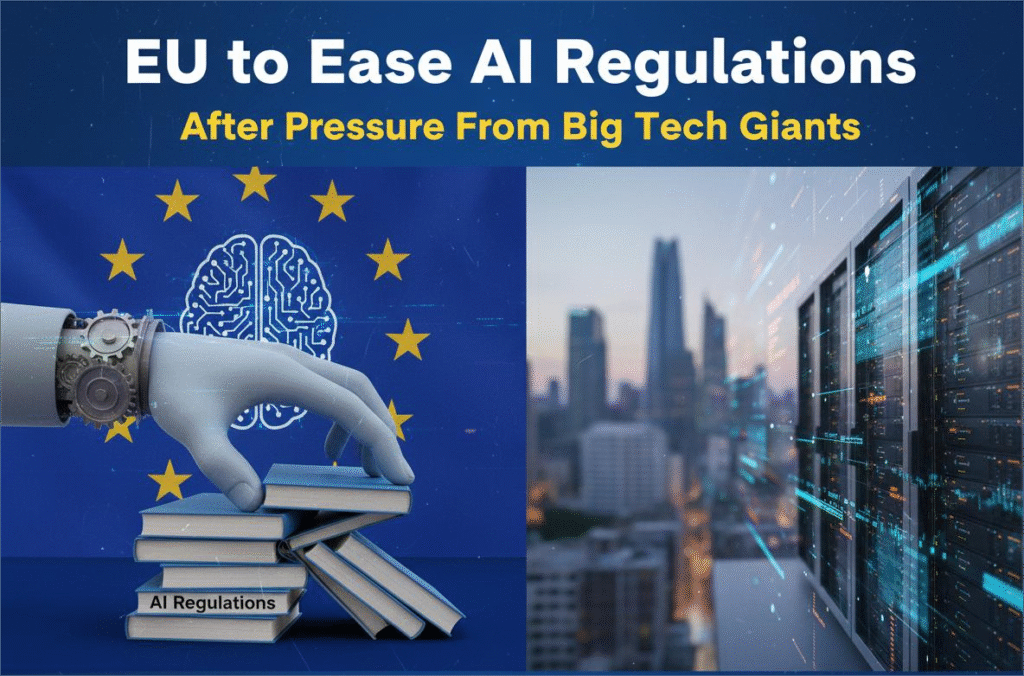
Meta Platforms Inc., the parent company of Facebook, Instagram, and WhatsApp, is once again under the microscope in the European Union (EU). The EU’s regulatory bodies are intensifying their investigation into Meta’s business model, especially regarding data privacy, advertising practices, and compliance with the Digital Markets Act (DMA) and the General Data Protection Regulation (GDPR).
Why Meta Faces Renewed EU Scrutiny
Meta has been facing legal and regulatory hurdles in the EU for years, but the recent wave of scrutiny stems from a combination of the newly enforced DMA and concerns over Meta’s “pay or consent” model launched in 2023. This model forces users to choose between paying for an ad-free experience or consenting to the use of their data for targeted ads.
According to EU officials, this choice may not comply with GDPR’s standards for freely given consent. Regulators argue that such a binary option may be considered coercive, especially for users who feel compelled to give up privacy to continue using the service for free.
What the European Commission Is Investigating
In March 2024, the European Commission opened formal proceedings against Meta to assess whether the company’s practices:
- Limit user choice unfairly regarding data consent;
- Prioritize its own services, violating fair competition principles;
- Restrict interoperability between its platforms and competitors;
- Misuse personal data for commercial gain under unfair terms.
These investigations are part of a broader enforcement effort tied to the DMA, which targets so-called “gatekeepers” — large tech companies with entrenched dominance in the digital marketplace.
Impact on Meta’s Business Model
If the EU rules against Meta, the company could face significant consequences:
- Fines of up to 10% of its global annual turnover;
- Mandatory changes in how it handles data consent and advertising;
- Forced platform interoperability with rival services or smaller developers;
- Heightened regulatory oversight across all EU member states.
Meta argues that its subscription model aligns with EU law and provides users with meaningful choice. In response to the Commission’s concerns, Meta said in a public statement:
“We designed our approach to comply with the DMA and give people a choice while respecting their right to free services. We will work constructively with regulators.”
Broader Implications for Tech in Europe
The Meta case signals a more aggressive approach by the EU toward Big Tech. The European Commission and national regulators are sending a clear message: compliance with digital rights and consumer protections is no longer optional.
Other tech giants such as Google, Apple, Amazon, and TikTok are also facing similar investigations under the DMA. The aim is to create a more open, competitive, and privacy-respecting digital ecosystem across Europe.
What’s Next?
The EU is expected to issue preliminary findings by late 2025, and a final ruling could follow in early 2026. In the meantime, Meta may be forced to make interim changes to its platforms to avoid penalties.
As the world watches how Europe enforces its landmark digital laws, the outcome of this case could shape the future of digital regulation not just in the EU, but globally.





